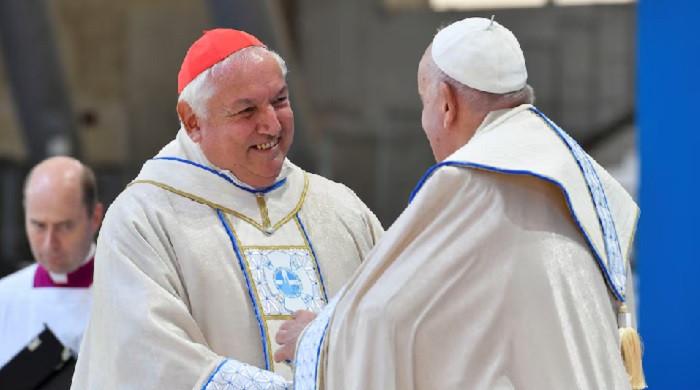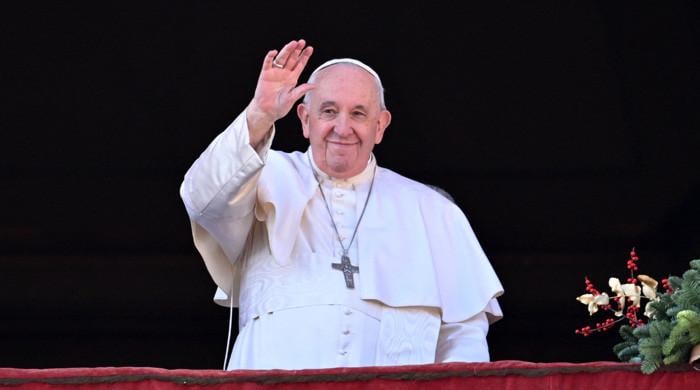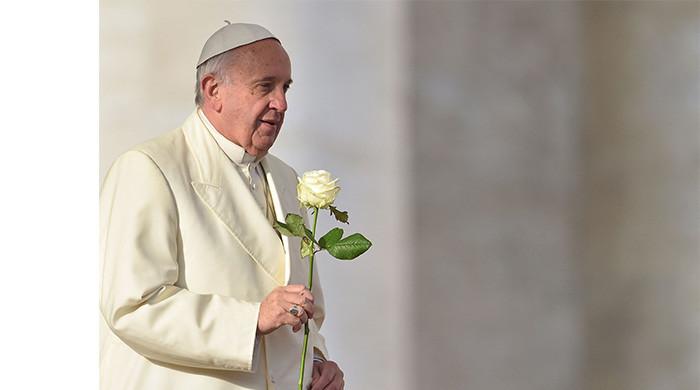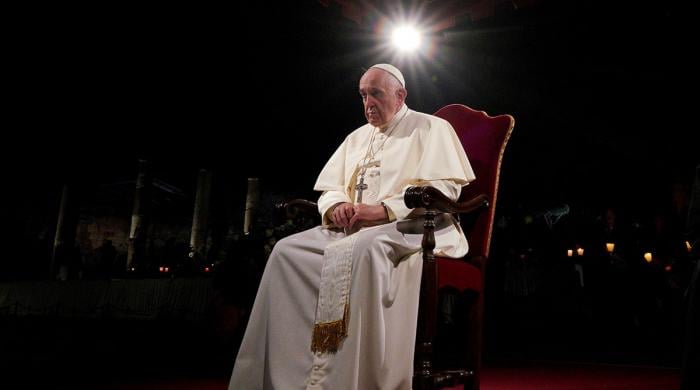New restrictions imposed on parts of Israel as second wave hits Arabs with full force
"Dozens of Arab citizens will die in the coming weeks if we don't control the epidemic," says head of Israel's COVID-19 response
September 11, 2020
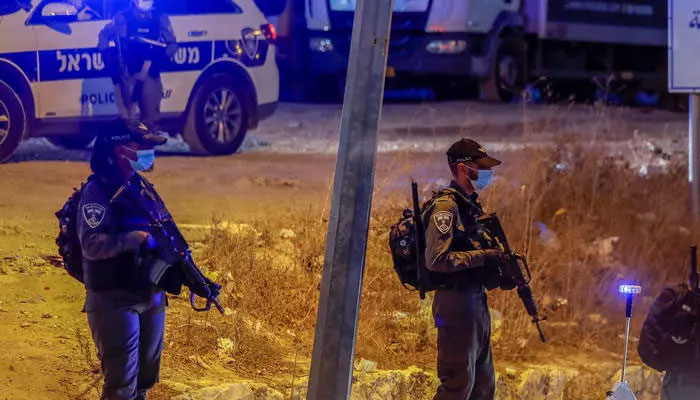
HAIFA: New restrictions were imposed this week in Israel as parts of the country confronted a second wave in COVID-19 infections, with the Arab-Israeli community especially hard hit.
When the virus emerged in March, only five percent of recorded cases were among Arab-Israelis, the descendents of Palestinians who stayed on their land after Israel's creation in 1948.
Arab-Israelis represent about 20% of Israel's population but, according to the government, they account for 30% of the country's coronavirus caseload.
"I don't want to scare you, but dozens of Arab citizens will die in the coming weeks if we don't control the epidemic," said Ronni Gamzu, who heads Israel's battle against COVID-19.
Each day around 750 new COVID-19 cases are detected among Arab-Israelis, said the professor.
"We will register hundreds of victims if Arab citizens do not act responsibly," he said this week during a trip to Daliyat al-Carmel, an Arab-populated town near the northern city of Haifa.
In an attempt to stop the spread of the virus, the authorities imposed a night-time curfew for a week from Tuesday in 40 localities, where gatherings are limited.
Twenty-nine of these localities are Arab, while most of the others are populated by ultra-Orthodox Jews.
In both cases, the communities are made up of large families living in small homes, which explains the higher infection rate, said Doctor Zahi Said, a health ministry spokesman.
Weddings behind spike
Another factor behind the second wave is the continuation of gatherings such as weddings, he said.
"The profusion of weddings, long awaited since they have been postponed many times, has become the main cause" of the spike in cases, the spokesman added.
"Who is going to put on their mask or keep their distance while dancing?"
But for the authorities in the northern Arab town of Umm al-Fahm, the spread of the virus is largely because the closure of halls saw people organise weddings in other uncontrolled places.
"There are no temperature controls at the entrance, nor is there any limitation on the number of guests," said Abdelmoneim Fuad, spokesman for the town's council.
Rather than being cancelled, many celebrations were held in places where health protocols were still not in force, or a few days before the new measures took effect.
As a result, 50 weddings happened last weekend in the town of 56,000 people, said Fuad.
Awareness
Across Israel, 144,673 cases have been registered, with 1,053 people dying from the virus, according to figures released on Thursday.
But the country also posted a single-day record of 4,038 new cases on Thursday, prompting the government to aim to decide on new containment measures on Sunday.
The finance ministry has put a damper on the plans, estimating it could cost the economy $1 billion a week and leave hundreds of thousands jobless.
In addition, the government has been targeted by a protest movement that denounces its management of the Covid-19 pandemic.
For the health ministry's Doctor Zahi, the lifting of restrictions in spring, aimed at putting the economy back on track, came too soon and prompted people to be less vigilant.
But for the United List of Arab-Israeli parties, the problem is mainly a lack of awareness in Arab localities.
"We hold the government responsible for the health situation," they wrote, criticising its "slowness" to set up screening centres in their community compared with the rest of the country.







